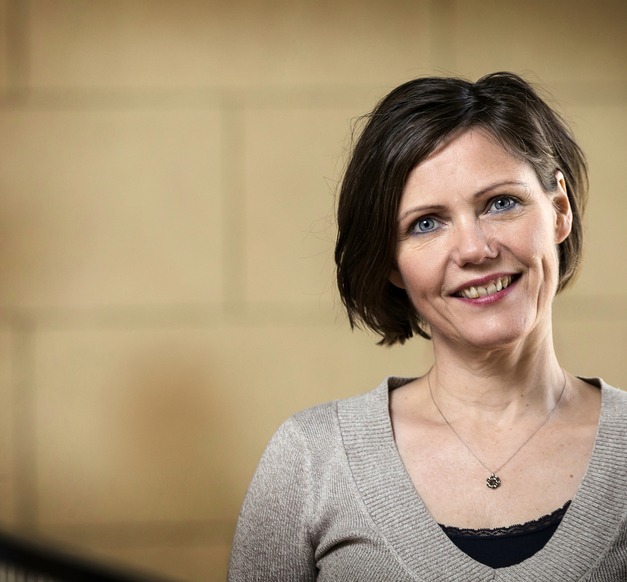
Many people take language acquisition for granted, but in fact it is a miraculous process that gradually allows us humans to communicate about matters large and small. Language development is the foundation of linguistic ability, and is in fact a process that continues throughout our lives. However, it is not the case that everyone acquires language in the same way or at the same speed. For this reason, it is very important to assess language development and linguistic ability early in order to provide support to those children who need it.
"It is absolutely vital that we have reliable information about language development so that we can identify children who are struggling with developmental language disorders and give them the help and therapy they need to catch up with their peers."
So says Þóra Másdóttir, lecturer at the University of Iceland Faculty of Medicine, who is now working on a new language development test designed to assess the linguistic ability of preschool children between the ages of 4 and 6. She created the test along with Jóhanna T. Einarsdóttir, senior lecturer in speech pathology at the University of Iceland, Ingibjörg Símonardóttir, speech pathologist, and Sigurgrímur Skúlason, adjunct lecturer at the Faculty of Psychology.
"We wanted to design a test that was based on research on Icelandic and the fundamental features of the language," says Þóra Másdóttir, lecturer at the University of Iceland Faculty of Medicine. image/Kristinn Ingvarsson

A test designed for Icelandic
Þóra's research has focused on speech sound development in children and variations in speech and pronunciation. She has also worked before on developing and standardising a language development test. Already she has been involved in publishing two such tests and this is the third. She and her colleagues are also starting to design a language development test for children aged 6 to 10. The social significance of these tests is clear.
"The older language tests used by speech pathologists are outdated and also translated and localised, which means they are not necessarily based on specific research into Icelandic acquisition," says Þóra. "We wanted to design a test that was based on research on Icelandic and the fundamental features of the language."
Þóra says that there is a lack of fair, reliable tools for assessing the language development of Icelandic-speaking children. The goal is to develop such a tool, which is fair, reliable and based on the fundamental features of the language and existing research into children's language development.
"Speech pathologists have lacked a test like this for children aged between 4 and 6. We hope that this test reflects general features of language development in this age group, regardless of where the children live. This will bring us closer to being able to provide appropriate support for children in this age group who have developmental language disorders," says Þóra.
Evidence-based research is vital
Communication is the basis of nearly all human interaction. This is why language development research is so important. Þóra says that work is still underway on standardising the test, which has now been taken by around 750 children out of a sample of around 850. She says that speech pathology students have also been involved in the project by conducting various research on the test, looking in particular at its reliability and fairness.
"In speech pathology, it is vital to use evidence-based research when it comes to helping patients, both children and adults, who struggle with communication disorders," says Þóra. "We need to be able to reliably diagnose those who require the services of a speech pathologist. For this reason, reliable and fair evaluation tools are an invaluable part of the speech pathologist's toolbox."


